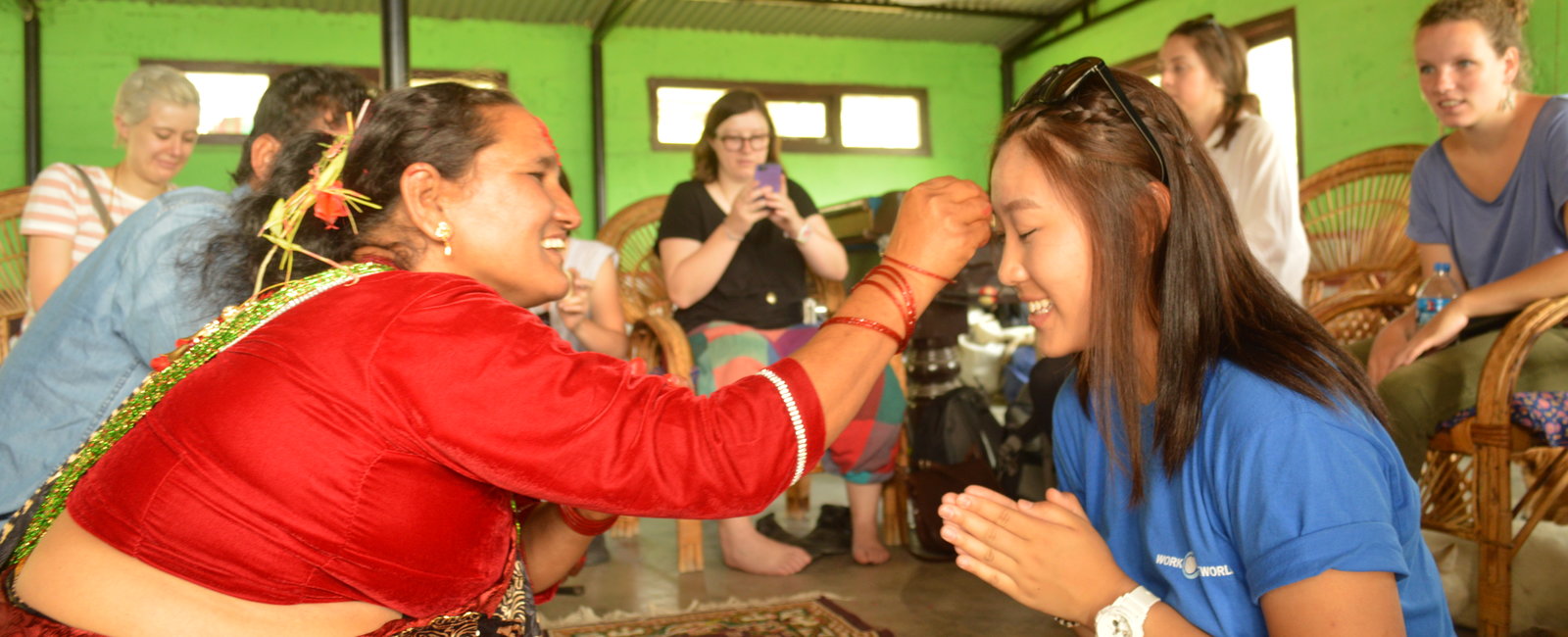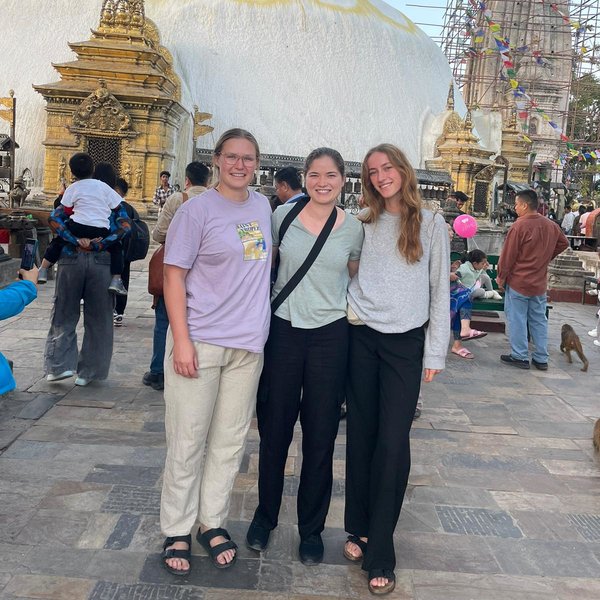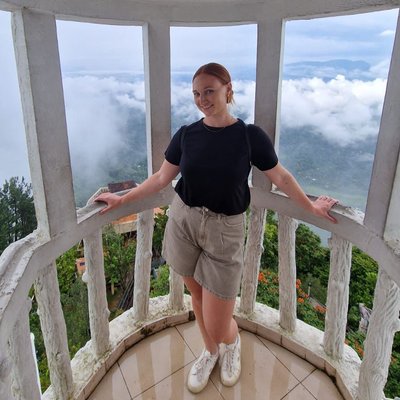Otago Polytechnic 2020
I travelled to Takoradi, Ghana for the final midwifery placement of my degree (Bachelor of Midwifery).
I chose Ghana because I’ve always wanted to travel to Africa since I was a young girl, and I thought this would be an amazing opportunity to combine my studies and travel.
Because I was a midwifery student, I was placed in a small maternity hospital. I had the option of doing two weeks there and then two weeks in the bigger regional hospital, or four weeks in the same place.
I chose to do four weeks in the smaller hospital because I was keen to build rapport with the midwives and other health professionals in order to optimise my clinical placement opportunities.
I also did night shifts to optimise my chances of attending births. It was a challenge putting myself back on New Zealand time, as well as staying up through the night in the muggy heat, but it was worth it for the experience.
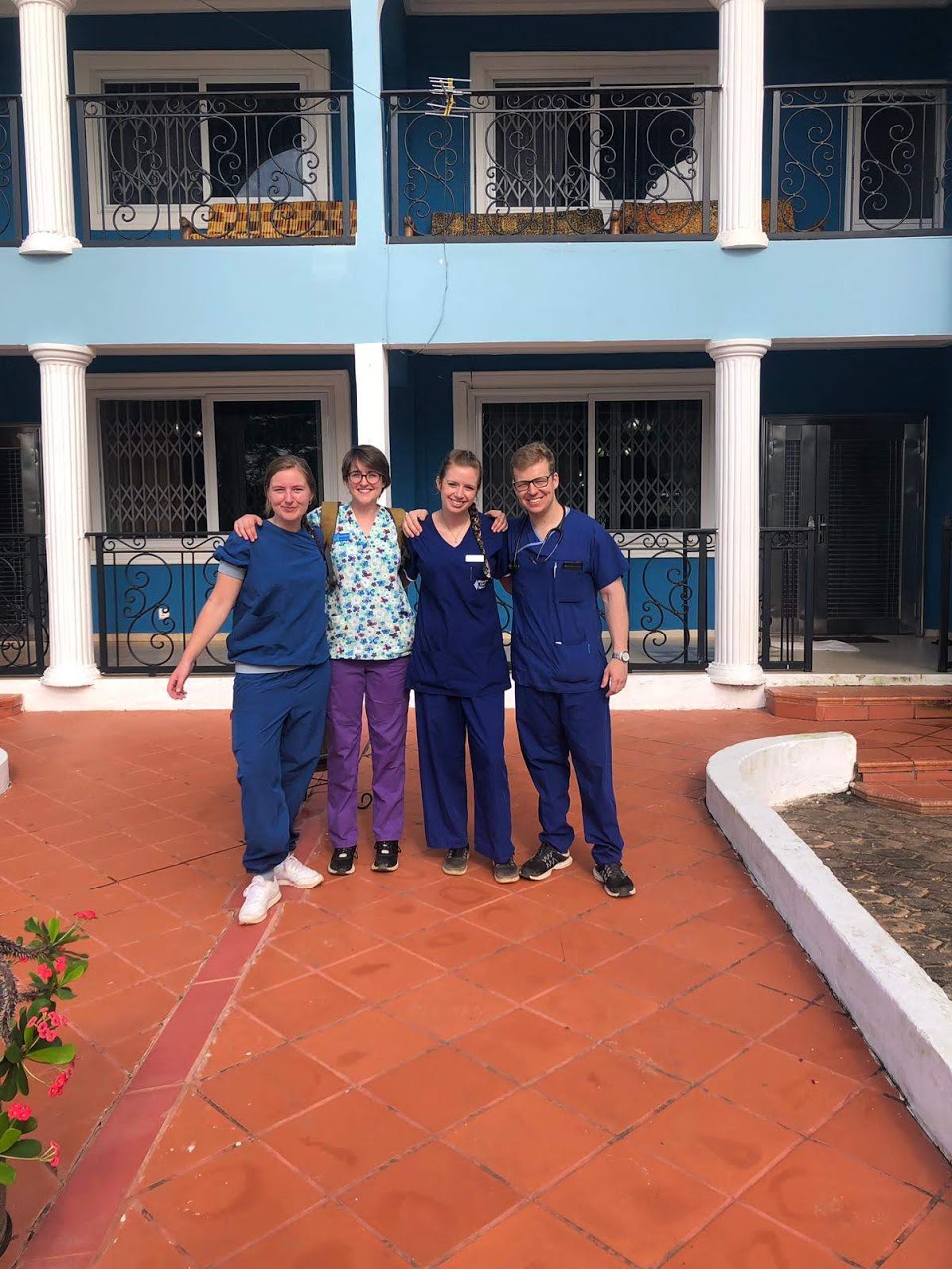 The health system in Ghana is vastly different from the one in New Zealand. Back home, informed consent is a given and the majority of healthcare is funded.
The health system in Ghana is vastly different from the one in New Zealand. Back home, informed consent is a given and the majority of healthcare is funded.
Women in New Zealand are provided with 24/7 maternity care and they have their own independent midwife who will attend them in labour, as well as throughout their whole pregnancy and up to six weeks postnatally.
The labour ward at my placement hospital in Ghana was one room with 10 small beds, where labouring women stayed until they were fully dilated and ready to push out their baby. At this time, they would be taken down the corridor to the very tiny delivery room where they would get up on the bed, put their feet in stirrups and a midwife would deliver their baby.
I never saw skin-to-skin, and the baby would be vigorously rubbed down immediately after birth with all the vernix being cleaned off their skin. Active management was always used, and all perineal tears, no matter what the degree, were sutured by a midwife, often with no local anaesthetic or any pain relief whatsoever for the woman.
I soon began to miss the calm environment of births typical in New Zealand, with low lights and gentle voices, and lots of time allowed for the woman to birth her baby in her own time.
During my placement, I stayed at the Work the World house in Takoradi with other nursing and medical students who were doing their placements at the regional hospital.
Every day I would get a taxi there and back – taxis were in abundance and they were very easy to catch, you just need to make sure you haggle with the driver.
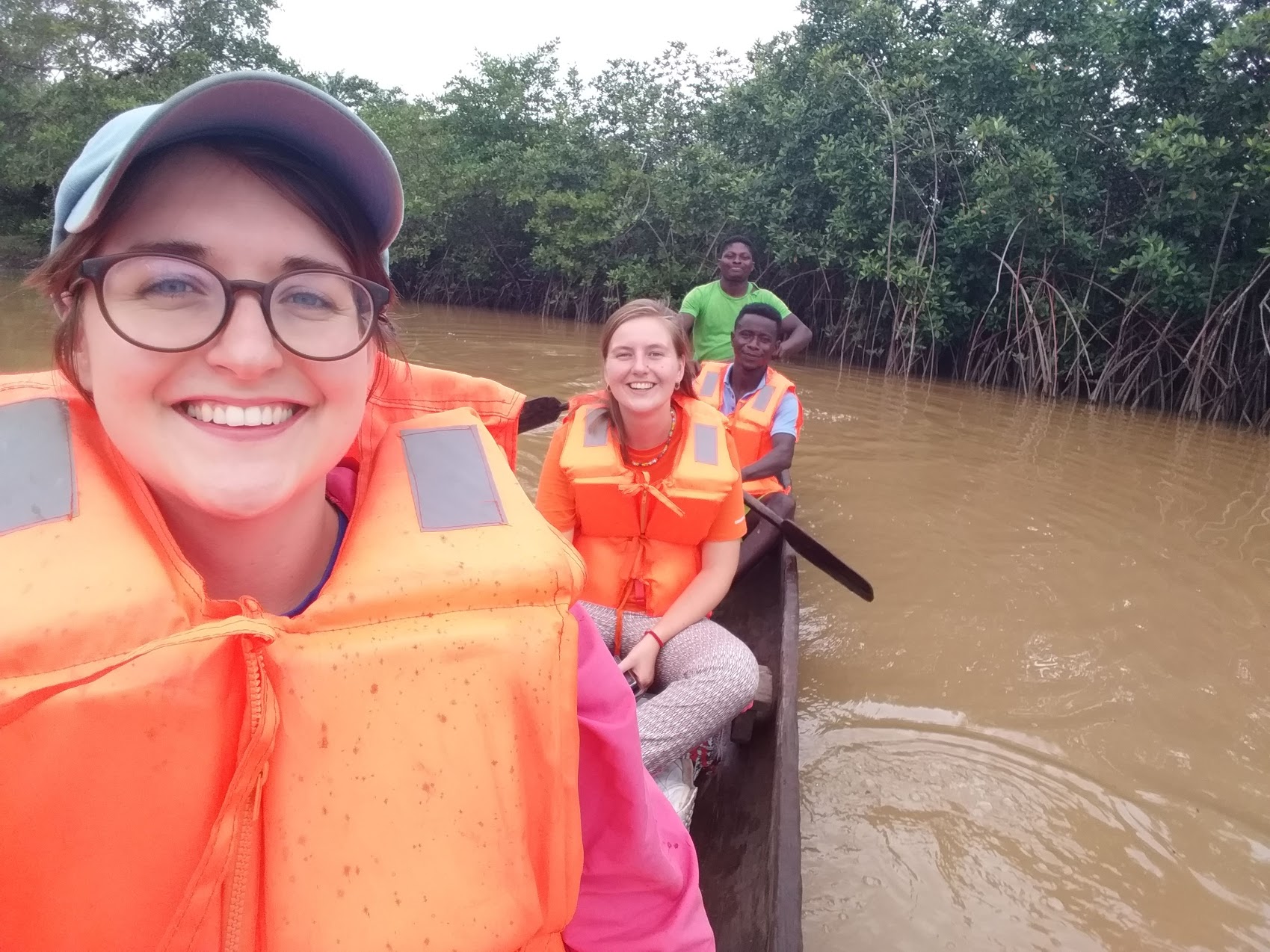 During our weekends off, the other students and I went on some pretty epic trips. We travelled to Mole National Park which is a huge reserve full of animals. You can go on a walking or jeep safari, or go bird watching.
During our weekends off, the other students and I went on some pretty epic trips. We travelled to Mole National Park which is a huge reserve full of animals. You can go on a walking or jeep safari, or go bird watching.
We went on the jeep safari and were able to get off when we saw some elephants and watched them from a distance. I never thought I would see an elephant in real life just roaming around in his natural habitat so it was truly an incredible experience.
When my placement ended, I went travelling for two weeks by myself. When I went to the bigger cities such as Kumasi, I met a lot more tourists – a lot of them medical interns or students writing dissertations.
The food in Ghana is amazing. I am vegan, which meant it was sometimes a bit difficult for me to branch out and try all the local dishes because they eat a lot of chicken, fish and goat. However, I would highly recommend ‘red red’ from any street vendor. I didn’t try it until my second to last week in Ghana and I ended up eating it every night after that!
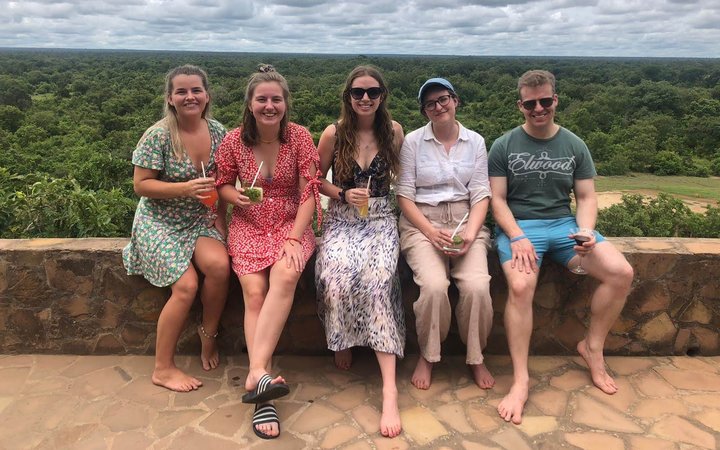
There are so many delicious things to try, I would really encourage you to eat all the local dishes if you can.
I hope I can use what I learnt in ghana to help me be a better midwife in New Zealand.
I’m truly happy I went to Ghana for my final midwifery placement. I hope I can use what I learnt in Ghana to help me be a better midwife in New Zealand.
To any students going overseas for a placement, my biggest piece of advice would be to be as open and enthusiastic as possible.
Always put yourself out there, make your clinical skills known, learn everyone’s names, smile lots, try your best with the local language (greetings and ‘thank you’ go a long way) and ask a tonne of questions.
